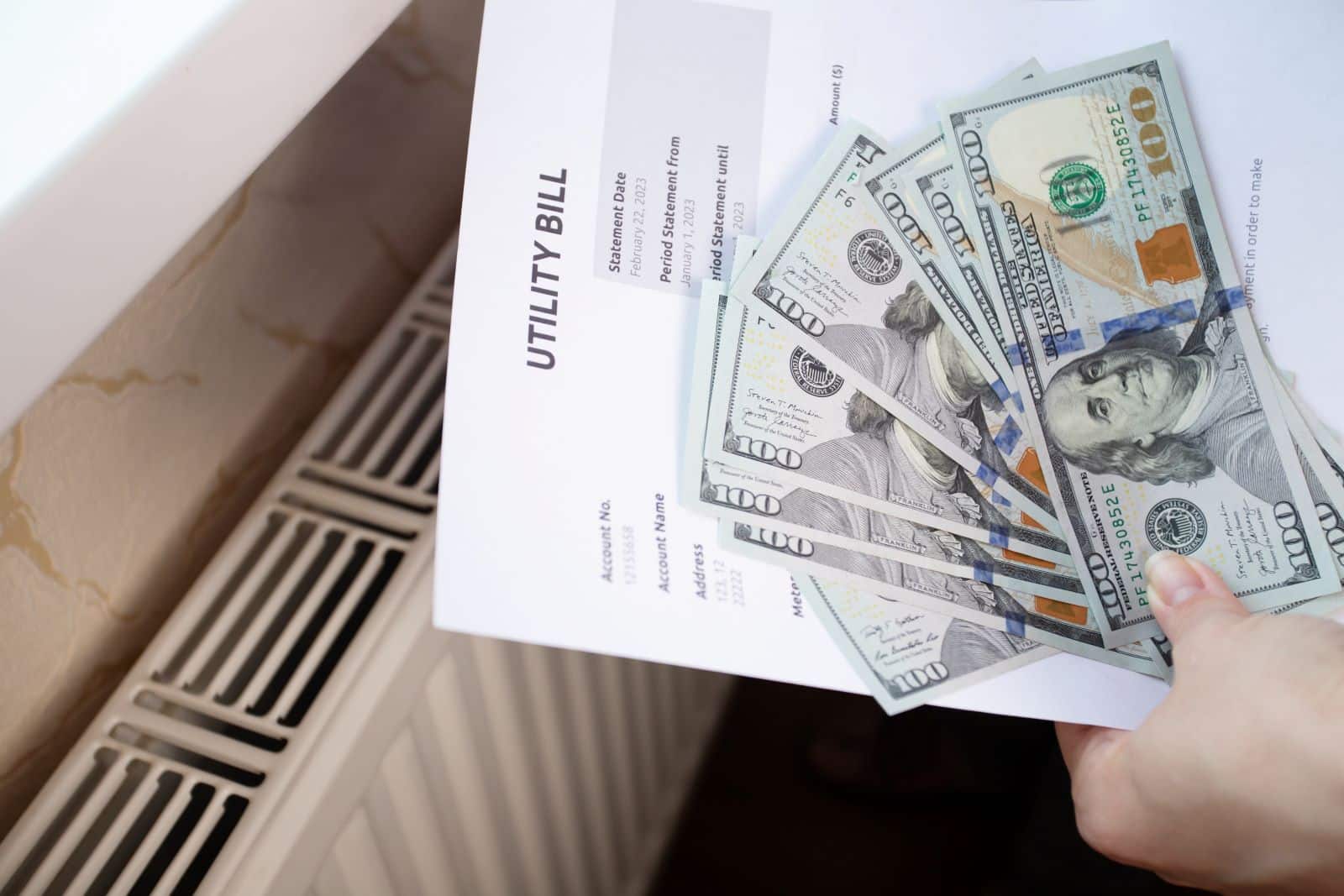Navigating the waters of rental agreements and rent hikes can be murky. Landlords often hold back full transparency about rent increases for various reasons. Here’s a list of insights and secrets that might not be openly shared but are crucial for every tenant to know:
1. Annual Increases May Be Capped

In many places, there are legal caps on how much your rent can increase each year, especially in rent-controlled areas. Your landlord might not volunteer this information, but it’s worth investigating.
2. Rent Increase Notices Must Be Given in Advance

Most states require landlords to provide tenants with a 30- to 60-day notice before rent increases take effect. This gives you time to decide whether to stay or look for a new place.
3. Rent Increases Aren’t Always Negotiable, But Sometimes They Are

While it might seem like rent increases are set in stone, some landlords are willing to negotiate. If you’re a good tenant with a history of timely payments, use this as leverage.
4. Improvements to the Property Can Justify Increases

Landlords often hike up the rent to cover the costs of property improvements. However, they should be improvements that benefit you and are not just routine maintenance.
5. The Local Rental Market Influences Rent Prices

If the local rental market is hot, landlords might increase rents to match market rates. Conversely, if the market is down, you might have a case to argue against an increase.
6. There Are Legal and Illegal Reasons for Rent Increases

Your landlord can increase rent for legitimate reasons like market adjustments and property improvements, but they can’t raise rent based on discriminatory reasons or in retaliation for complaints.
7. Utility Cost Increases Can Be Passed On to You

If your rental agreement includes utilities, any increase in these costs might be passed on to you through higher rent.
8. Multi-Year Leases Might Offer Protection

Signing a longer lease might protect you from annual rent increases. This can be a double-edged sword, though, binding you to a place longer than you might prefer.
9. Rent Increase Amounts Aren’t Always Based on Your Current Rent

Sometimes, rent increases are calculated based on current market rates rather than your existing rent, especially if your current rate is well below market.
10. There’s Often More Room to Move on Rent Than on Fees

While your base rent might seem non-negotiable, other associated fees, like those for pets or parking, might have more wiggle room.
11. Late Payments Can Influence Decisions on Rent Increases

If you’ve had late payments, your landlord might be more inclined to raise your rent to cover the perceived risk.
12. Your Landlord Might Not Actually Want You to Leave

Finding a new tenant is costly and time-consuming. If you’re reliable, your landlord might prefer to keep you at a slightly lower rent than risk vacancy.
13. Rent Control Laws Vary Widely

Local laws differ significantly. In some cities, rent control is strict and highly regulated; in others, it’s more lenient. Knowing the specifics can save you from unexpected increases.
14. Lease Renewals Are Prime Times for Increases

Expect rent hikes at lease renewal time, as this is the most common moment for adjustments.
15. Complaints Can Trigger Retaliation, Despite Being Illegal

While it’s illegal, some landlords might retaliate against complaints by raising rent. Document all interactions with your landlord, especially if you need to make a complaint.
16. New Management Can Mean New Rent

If your building comes under new management, prepare for potential rent hikes as new owners might want to adjust rents to current market levels.
17. Rent Increase Strategies Vary

Some landlords prefer small, regular increases, while others might raise rent significantly but less frequently. Understanding their strategy can help you plan your finances.
18. Vacancy Rates Affect Rent Increase Decisions

High vacancy rates in your area might discourage your landlord from increasing rent too much, fearing you might leave.
19. Rent Increase Laws Change Often

Stay updated on local housing laws. Legislation concerning rent control and tenant rights can change, impacting how much your rent can legally increase.
20. Exceptional Tenants Might Get Exceptions

If you’re an exceptional tenant—paying on time, maintaining the property, and causing no issues—you might be able to negotiate smaller increases.
21. Subletting Can Complicate Things

If you sublet, this could complicate matters regarding how much your rent can be increased and who is legally responsible.
22. Not All Rent Increases Are Made Known Publicly

Landlords might not publicize that they’re open to negotiation on rent increases for fear of setting a precedent.
23. Everything Should Be in Writing

Ensure any agreement, especially about rent increases, is documented in writing. Verbal agreements can lead to misunderstandings and aren’t legally binding.
Arm Yourself with Knowledge

Understanding these hidden facets of rent increases can save you money and stress. Being informed allows you to negotiate better and avoid unexpected financial burdens. Remember, knowledge is power in the rental market!
Budget Boss: 12 Tips for Managing Your Money Wisely

Embarking on a journey to master budgeting requires evidence-based strategies supported by research to manage your finances effectively and achieve your financial goals. Here are 12 research-backed tips, along with actionable steps to implement them, for mastering budgeting and maximizing your financial well-being. Budget Boss: 12 Tips for Managing Your Money Wisely
Ranking the Top and Bottom 24 U.S. Universities

Wondering which universities are the cream of the crop and which ones fall short of the mark? Today, we’re ranking the 24 best and worst universities in the United States to give you the inside scoop on higher education excellence and disappointment. Are you ready to uncover the highs and lows of academia? Ranking the Top and Bottom 24 U.S. Universities
The Path to Self-Discovery: 15 Steps to Finding Your True Self

Embarking on a journey of self-discovery goes beyond mere introspection; it requires actionable steps backed by research to uncover your authentic self. Here are 15 evidence-based strategies and practical steps to get started on each. The Path to Self-Discovery: 15 Steps to Finding Your True Self
18 Trending Jobs That Let You Travel While Working

Dreaming of turning your wanderlust into a way of life? Believe it or not, there are careers that not only allow but encourage you to explore the globe, dive into new cultures, and collect experiences instead of things. Here are 18 unconventional jobs that offer just that, with a bit more insight into each. 18 Trending Jobs That Let You Travel While Working
Grow Every Day: 14 Habits for Tangible Personal Progress

Ready to take your personal growth journey to the next level? Incorporating small, tangible practices into your daily routine can lead to significant positive changes in your life. From expressing gratitude to nurturing connections with loved ones, these 14 daily habits are designed to empower you to thrive and flourish. Let’s dive in and elevate your life one day at a time! Grow Every Day: 14 Habits for Tangible Personal Progress
The post The Hidden Side of Rent Increases: 23 Things Landlords Don’t Say first appeared on Not Your Boss Babe.
Featured Image Credit: Shutterstock / Zivica Kerkez.
The content of this article is for informational purposes only and does not constitute or replace professional financial advice.
For transparency, this content was partly developed with AI assistance and carefully curated by an experienced editor to be informative and ensure accuracy.





Leave a Reply